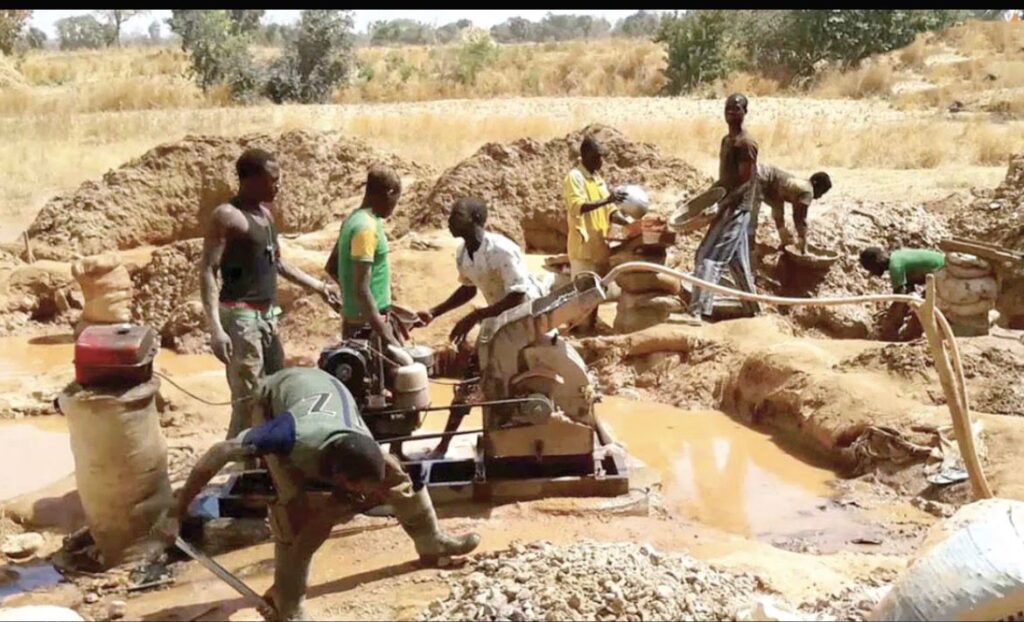Tensions Reach Fever Pitch as India, Pakistan Exchange Shell Fire
Tensions between India and Pakistan have reached a boiling point, with the two nuclear-armed nations engaging in intense cross-border firing and artillery shelling in the disputed region of Kashmir.
The violence has resulted in significant casualties on both sides, with the situation showing no signs of abating.
According to Indian officials, Pakistani soldiers initiated the latest round of firing, which was responded to by Indian troops in kind. The exchange of gunfire began on Wednesday and continued into Thursday, with both sides accusing each other of violating the ceasefire agreement.
The current escalation began when India launched missile strikes on Pakistani territory on Wednesday morning, targeting alleged militant camps and infrastructure. Pakistan’s Prime Minister Shehbaz Sharif condemned the strikes, vowing to retaliate against India.
“We will avenge each drop of the blood of these martyrs,” Sharif said in a televised address to the nation. “We will not back down from our right to self-defense, and we will take all necessary measures to protect our sovereignty and territorial integrity.”
India’s military has stated that its strikes were in response to increased militant activity in the region, which it claims is supported by Pakistan.
The Indian government has long accused Pakistan of harboring and supporting separatist groups in Kashmir, which has been a point of contention between the two nations for decades.
The international community has expressed concern over the escalating violence, with the United States, China, and other nations calling for restraint and dialogue between the two sides.
The United Nations has also urged India and Pakistan to exercise caution and avoid any actions that could lead to further escalation.
As the situation continues to deteriorate, there are fears that the conflict could spiral out of control, with potentially catastrophic consequences. Both India and Pakistan possess nuclear arsenals, and a full-scale war between the two nations could have devastating consequences for the region and the world at large.
The number of casualties on both sides continues to rise, with reports of civilian and military deaths and injuries. The Indian military has confirmed that several of its soldiers have been killed or wounded in the fighting, while Pakistan has reported significant losses as well.
The humanitarian situation in the region is also becoming increasingly dire, with thousands of civilians caught in the crossfire. Many have been forced to flee their homes, seeking shelter in safer areas.
The international community has called for urgent humanitarian assistance to be provided to those affected by the conflict.
Despite the escalating violence, diplomatic efforts are underway to try and de-escalate the situation. The Indian and Pakistani foreign ministers are scheduled to meet in the coming days, and there are reports of backchannel communications between the two nations.
The international community is urging both sides to engage in dialogue and find a peaceful resolution to the conflict. The United States, in particular, has been working to facilitate talks between India and Pakistan, with the aim of reducing tensions and preventing further violence.
As the situation continues to unfold, the world watches with bated breath, hoping that the two nations can find a way to resolve their differences peacefully and avoid a catastrophic conflict.







